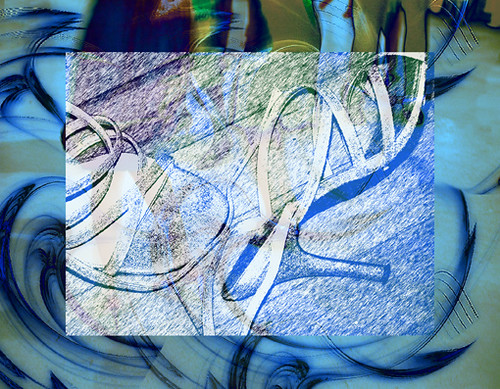In what way do you consider this a spiritual or moral crisis of your own or of our culture?Well, the short answer to that question would be “in every way”. Anything that has to do with how we are living, or working, facing challenges, or admitting defeat, is both spiritual and moral. Though I have to admit that I have a hard time seeing our present situation as a crisis. We didn’t just become entangled in this situation recently; we’ve been creating it on material, spiritual and moral levels for many years now.
So, it seems false to say crisis, for that denotes on some level that it comes unannounced and its occurrence is out of our control, or we think that it is going to go away quickly, and that certainly isn’t the case.
Everything from expert advice to common-sense has warned us about the consequences of living imprudently. It doesn’t matter whether we are talking about corporations, governments, or individuals, this holds true for us all. Therefore, the questions we should ask ourselves about our past behaviour are: who did we believe in the last years, whose advice did we seek out, what warning signs did we ignore, why were we blinded by greed, stupidity or fear?
I think the moral crisis we are facing, is nothing other than learning that we are accountable for our actions and responsible for our decisions. And, I mean in the most fundamental of ways. Starting with realising what the consequences are in believing what we believe and doing what we do by those beliefs.
In my personal situation, my moral dilemma has shown me that somewhere along the line, over the last decade, I lost my ability to trust certain people near-and-dear to me, and, more importantly, I lost trust in myself. Trust in my ability to overcome those existential challenges that came along. And so, about a year ago, I started a formal study on the meaning of trust.
I read all sorts of academic papers, popular literature, wise testaments about this topic, as well as had many discussions with friends. I also sat in silence and contemplated questions like; How do I decide, not only to what extent I can trust someone, but what this person can be entrusted with?
I learnt, not surprisingly, that trust has many facets. If I was to name the three most important ones, I’d say the first one is, we must find someone who is equally committed to the outcome of the situation we are entrusting them with, as we are. I trust my husband with my worries about my impending unemployment (my work contract is coming to an end in a few months’ time), not only because he loves me and cares about my concerns, but because our financial livelihood is dependent on my contribution.
Secondly, the person we trust has to have the required skill or ability to carry through the task we are entrusting them with. It is not prudent to trust someone with your life-savings, if they’re always living on the brink of financial disaster. Lastly, there is always an element of unpredictability, or risk, when we trust someone to do something. If there wasn’t any risk involved, then it wouldn’t be trust.
So when I reflected back on situations or persons who had failed to live up to my expectations, I asked myself why did they fail: lack of commitment or lack of skill? And, as it turns out, it is nearly always the lack of skill that was the central cause for the failure. Not only were their skills lacking, but I was also lacking in proper judgment. Why would I trust someone with something they have no ability to succeed in?
And now, it turns out that this question of trust is not only relevant concerning my personal relationships, it is also relevant concerning governmental or banking practices … for they all affect me directly and indirectly…the list keeps on growing every day.





